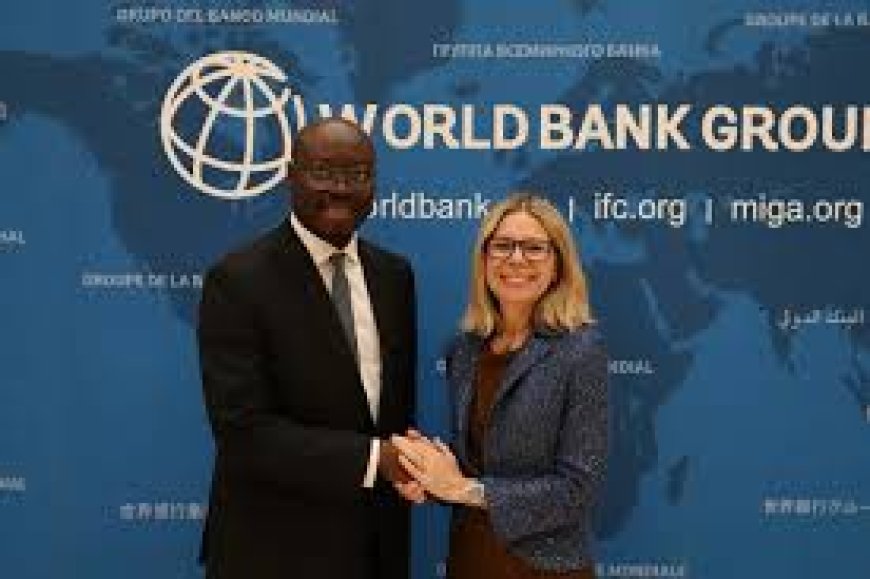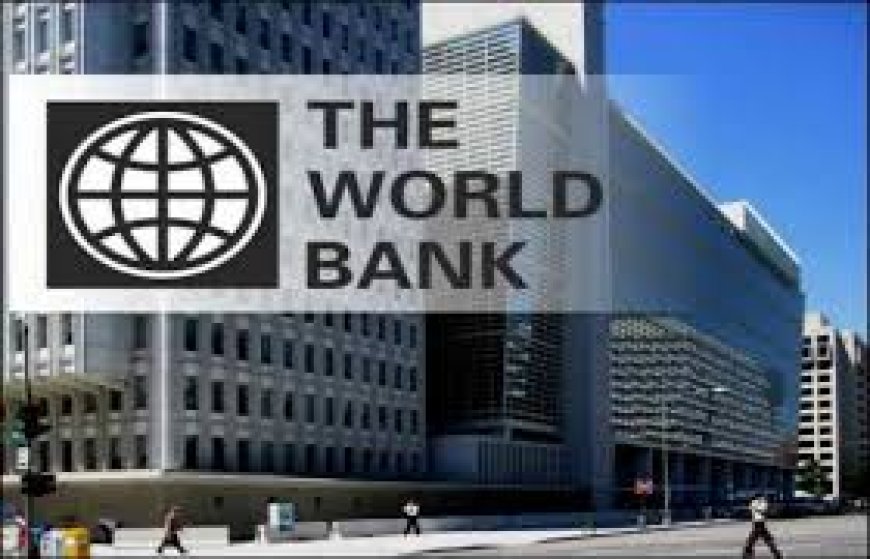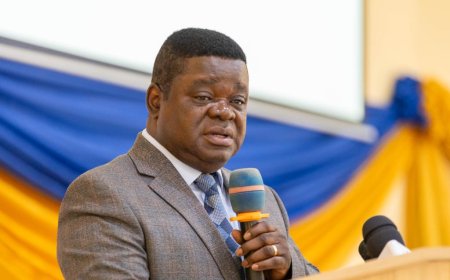World Bank Partners Ghana to Create 500,000 Youth Jobs Annually Through New Growth Strategy
By Top Knowledge Media | April 24, 2025 In a major move to address Ghana’s escalating youth unemployment crisis, the World Bank has pledged its support to help create over 500,000 jobs annually for Ghanaian youth under a bold new Growth and Jobs Strategy.

The announcement was made following a high-level meeting between the World Bank’s Managing Director of Operations, Anna Bjerde, and Ghana’s Minister for Finance, Dr. Cassiel Ato Forson (MP) at the Bank’s headquarters in Washington, D.C.
A Lifeline for Ghana’s Youth
The strategy—currently being co-developed by both parties—will focus on job creation, workforce skills development, and inclusive economic transformation to support the nearly half a million young people who enter Ghana’s job market each year.
“This initiative reflects our shared priority of unlocking opportunities for young people,” said Anna Bjerde.
“We are proud to partner with Ghana to build a stronger, more resilient economy powered by the energy and potential of its youth.”
Targeted Interventions, Real Impact
Ghana’s Finance Minister, Dr. Ato Forson, welcomed the initiative as a transformative step in the fight against youth unemployment. He emphasized the need for targeted, sustainable interventions to generate decent job opportunities and tackle rising labor market pressures.
“This partnership is a major step forward in our efforts to provide decent and sustainable jobs for our youth,” Dr. Forson noted.
“By combining strategic investment with innovation and skills training, we are building the foundation for inclusive economic growth.”
Why It Matters
Youth unemployment continues to be a major socio-economic challenge in Ghana, with thousands of graduates and school leavers struggling to secure meaningful employment. The World Bank-supported strategy aims to align skills with market needs, stimulate entrepreneurship, and create private-sector-led opportunities in agriculture, digital technology, green energy, and manufacturing.
The strategy is expected to complement other government programs focused on youth development and economic resilience.

What’s Next?
The strategy’s rollout will involve broad stakeholder engagement, including local businesses, educational institutions, development partners, and youth organizations. A technical working group is being formed to develop implementation guidelines, resource mobilization plans, and a robust monitoring framework.
As details emerge, this partnership signals a renewed commitment to tackling one of Ghana’s most urgent development challenges—ensuring that its youth are not just educated, but empowered with jobs, purpose, and a future.
Stay connected to Top Knowledge Media Blog for updates on Ghana’s job creation strategy, economic development news, and public-private partnerships.
What's Your Reaction?




















































































